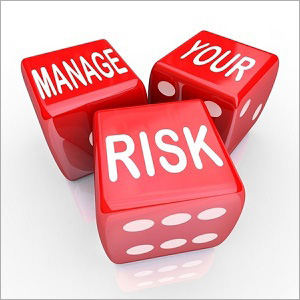Get Your Questions Answered - Call Me For Your Free, 20 Minute Phone Consultation: (732) 365-3299

As a homeowner or business owner, you have what is known as premises liability for your property. That means that you are responsible for properly maintaining your property to prevent injury-causing accidents for individuals who visit your property.
Premises liability covers a wide range of potential injuries that a homeowner may be held responsible for. Some examples of these injuries include:
Any injuries sustained in a slip or fall due to a wet, ice-covered, or broken walking surface. This type of hazard can range from a snow-covered path that has not been properly cleared to a broken sidewalk.
The common factor in all of these examples is that the victim’s injury could have been prevented through conscientious maintenance on the part of the property owner.
The level of liability a property owner holds when a victim is injured is known as the duty of care. The duty of care owed to a victim depends on the reason why the victim was on the property.
Public visitors who enter a property for the express purpose of conducting business or transactions are known as business invitees. Visitors in this category are owed the highest duty of care, which means that property owners must thoroughly inspect their properties to ensure that they are free of hazards and defects for business invitees.
Social guests and individuals who enter a property with permission from the owner are known as licensees. Unlike with business invitees, property owners are not required to thoroughly inspect their properties for defects for licensees. They are, however, required to fix any problems that they know of to prevent injuries to licensees.
Trespassers are owed the lowest duty of care. Trespassers are any individuals who enter a property without the property owner’s permission. Although property owners have no duty to inspect their property or eliminate any hazards for trespassers, they may not act in a manner that purposely or recklessly injures trespassers.
When a trespasser is a child, the property owner owes him or her a higher duty of care than is owed to an adult trespasser. This is because generally, a child can not understand the gravity of his or her trespassing or the danger that certain hazards on a property pose.
To learn more about your responsibilities as a property owner and how you may be held liable in the event that an injury occurs on your property, call The Law Office of Eric B. Hannum Esq., LLC. at (732) 365-3299 to discuss your legal needs with one of the expert premises liability attorneys at our firm. We proudly serve property owners in Middlesex, Mercer, Monmouth, Ocean, and Burlington counties. Give our firm a call today.

The Law Office of Eric B. Hannum Esq., LLC prides itself
on the experience and the ability to handle a wide
range of legal issues - Call Us Now - (732) 365-3299